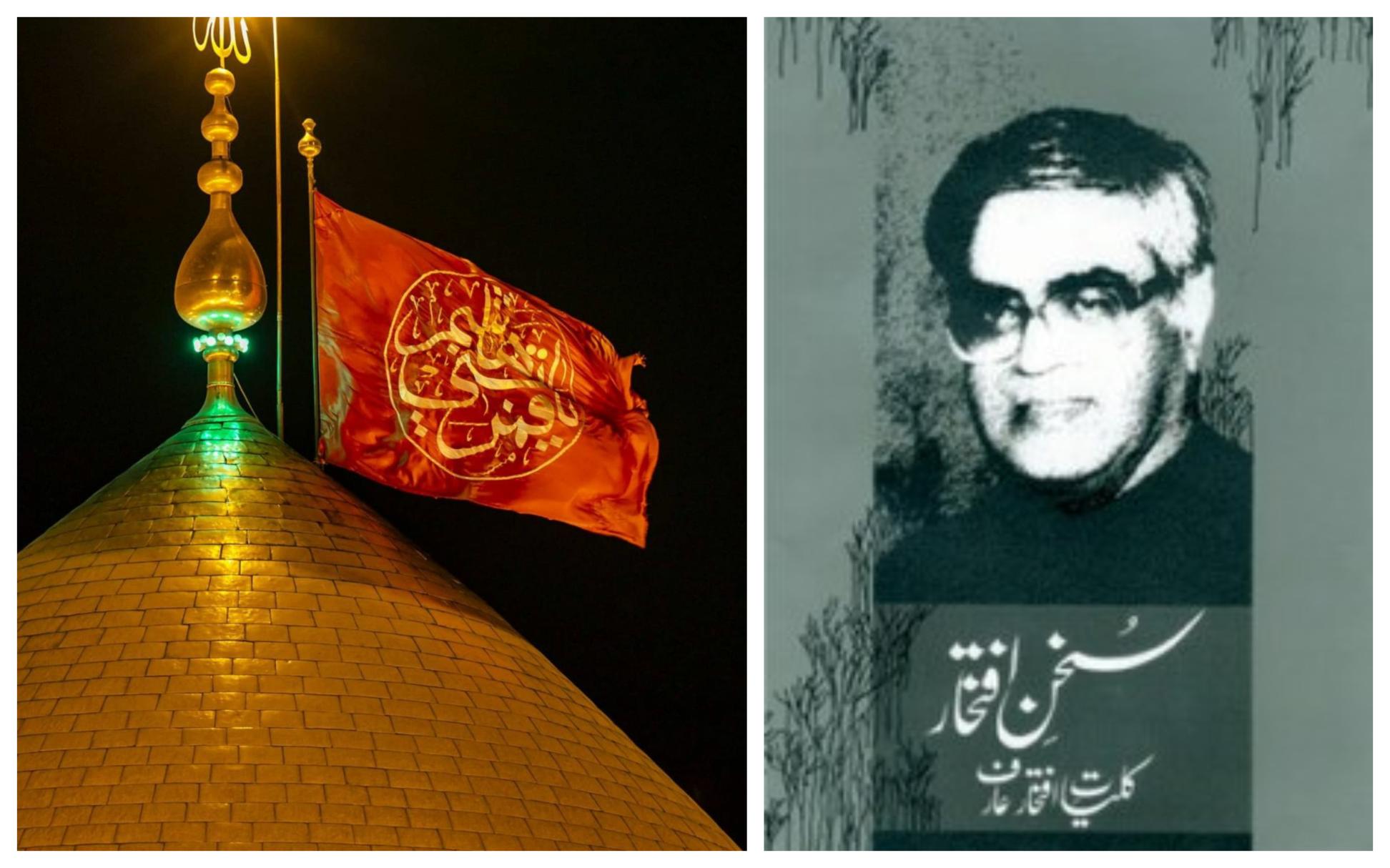By: Peerzada Salman, Dawn.com
Sukhan-i-Iftikhar: Kulliyaat Iftikhar Arif
Maktaba-e-Danyal, Karachi
Poets, in general, can be divided into the following categories: those who inspire you to write poetry; those who make you fall in love with their chosen form of expression; those who encourage you to see life eyeball to eyeball; and those who enable you to embrace solitude and revisit love. But there are a handful of poets who help you do all of the above. Iftikhar Arif is one of them.
Arif is inarguably the most eminent living Urdu poet. He is a septuagenarian, which means much has already been written, talked, and imagined about his life and work. Therefore, trying to shed more light on either his body of work or his personality would be an exercise in futility.
Lo and behold, Maktaba-e-Danyal has now published the complete works of Iftikhar Arif, titled Sukhan-i-Iftikhar [Iftikhar’s Verses] and it is a special treat not just for the poet’s admirers, but for literature buffs as well. The reason is simple: it is top-notch poetry, something that, in this age of technological wonders — where popularity can smile upon you in two shakes of a lamb’s tail and lose its lustre in a heartbeat — is a rarity of the most exceptional kind.
Maktaba-e-Danyal has published the complete works of the most eminent living Urdu poet and it is a special treat not just for the poet’s admirers, but for literature buffs as well
Now, back to that unavoidable difficulty: what can one say about Arif’s poetry that hasn’t already been said? His diction is laced with classical phraseology; the prosodic patterns that have an enchanting rhythm, making each syllable sound distinct and recitation-worthy; the devotional poems in praise of the Ahl-i-Baet [the family of the Prophet (PBUH)] that emanate from the innermost recesses of Arif’s heart; the tragedy of Karbala which he uses as the most potent and timeless symbol of good’s triumph over the evil despite the former’s ostensible loss; the pangs of migration against the backdrop of a birthplace known for its rich cultural milieu; and the solitude that he at times relishes and on occasion laments, but employs as a striking creative tool — all have been profusely discussed and admired. Justifiably so.
Having said all of that, how can one not refer to Karbala while showering praise on Arif’s tremendous art? So, let’s round off this short piece about his latest book with these two lines:
Main baar baar aaoon khaak-i-Karbala ko
choomnay
Ajab nahin karay Khuda yeh intizaam Husain
[Husain, it’s possible that the Almighty will
arrange for me
To keep coming back to kiss Karbala’s soil]

